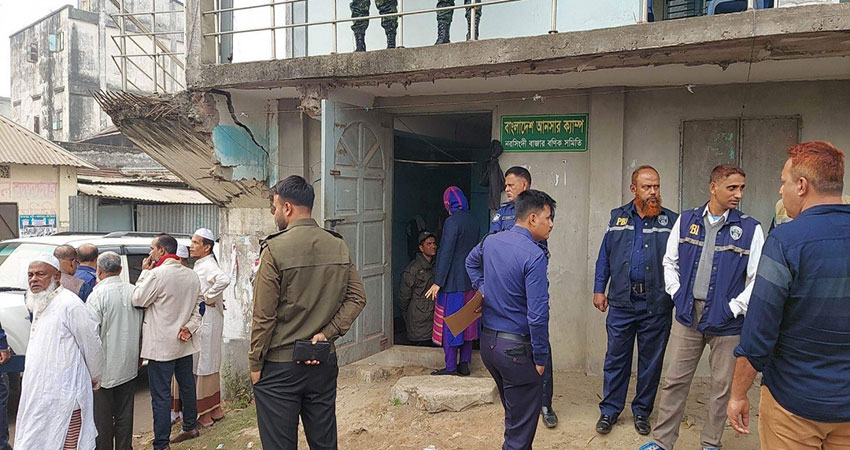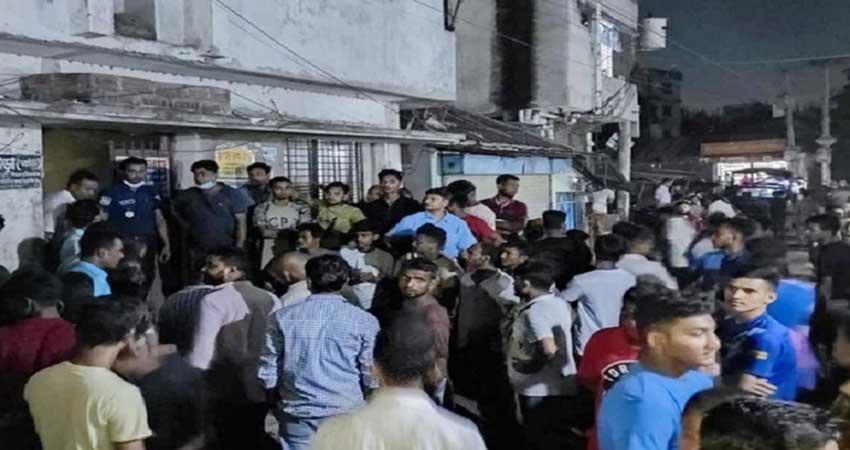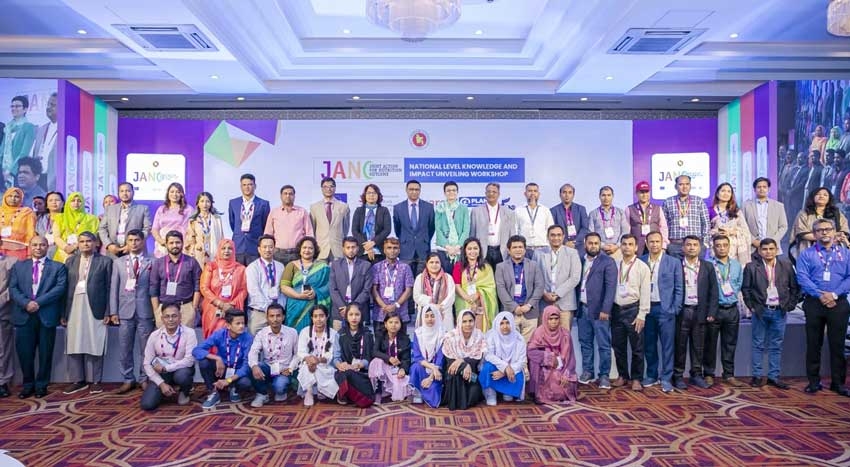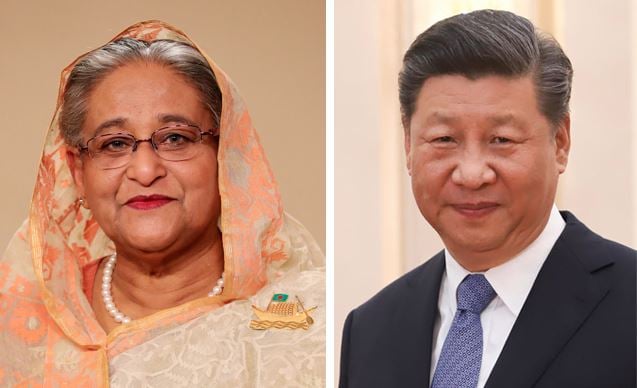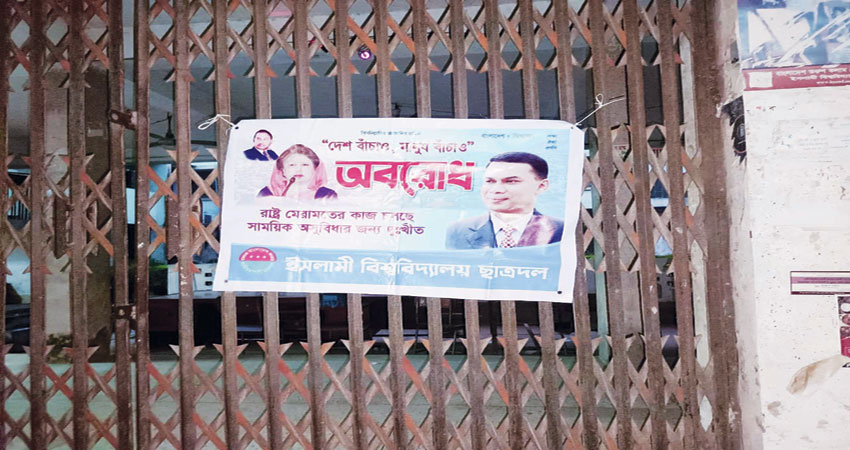CT online Desk:
After the January 7 parliamentary elections, the BNP, like-minded parties and alliances started demanding reelection under a neutral and non-partisan government at the earliest.
Meanwhile, ailing BNP Chairperson Khaleda Zia returned home from the hospital after five months, while Secretary General Mirza Fakhrul Islam Alamgir secured bail in nine out of 11 cases filed against him for instigating violence after a long and cumbersome legal battle.
The BNP also expelled its leaders of the central committee and the grassroots who participated in the parliamentary election or worked for any ruling party candidate. A similar move was observed during the local government elections held last year.
Last week, the opposition parties observed mass campaigns for two days, shifting from their hartal programs that continued till election day. Apart from the mass campaigns, their leaders are joining TV talk shows and criticizing the election and the new government.
On January 9, the BNP started dialogue with the allies to chalk out the next course of their simultaneous movement under the leadership of the BNP's de facto leader and Khaleda’s son, Tarique Rahman, who has been living in the UK since 2008. The party's Standing Committee members who are currently out of jail attended the virtual meetings.
Several key leaders told Bangla Tribune that the BNP would not announce any tough program until Mirza Fakhrul was freed from jail. Another top BNP leader, however, hinted that new programs would be announced soon. The party is also dismayed with the countries that have congratulated Prime Minister Sheikh Hasina on her reelection and alleged that there is no democracy in those countries.
However, several countries, including the US, the UK and Canada, as well as the EU expressed concerns about reports of irregularities and violence during the election. Many leaders of the party familiar with the developments clarified their stance that the ongoing movement demanding a fresh election would continue.
The BNP has already sat with the 12-Party Alliance, the Jatiyatabadi Samamona Jote—a platform of 11 political parties—the Liberal Democratic Party, the Gono Forum, the Bangladesh People's Party and a faction of the Gono Odhikar Parishad led by former Ducsu VP Nurul Haque Nur.
In the latest round of talks, the BNP discussed the movement with Ganatantra Mancha, an alliance of six political parties, on Saturday.
Finding new issues was also on the agenda in the meetings, sources said. Some parties have pitched their recommendations to proceed with the anti-government protests. Gono Odhikar Parishad leader Nur said they are planning to continue their simultaneous movement by using the people’s boycott of the election.
“We also have in mind how to turn the widespread boycott into a mass uprising. India’s strong support for a party (the Awami League) defying the people’s sentiment is also kept under consideration (for the movement),” he said.
Further questioning India's support for the Awami League in the January 7 election, Nur said: “We, too, want to be on good terms with India.
“India is concerned about its security, and we also want the same security. These issues dominated our discussions.” The BNP has been raising the same allegation involving India and the Awami League for more than a month and a half now. The allegation has surfaced repeatedly since the October 28 violence centred around the BNP’s grand rally in Dhaka.
On November 26, the party’s senior joint secretary general, Ruhul Kabir Rizvi, said: “The Indian government and politicians should understand why the people of Bangladesh are enraged against them. By supporting an 'authoritarian government', they [India] have taken a position against the people of Bangladesh."
On December 1, he said: “India is a democratic country. A tradition of democracy is there. How could India take a stand in favour of an undemocratic autocrat directly? Though they talked about staying with the people of Bangladesh, they have actually taken a stand against the 180 million people of Bangladesh, which is regrettable.”
He made similar statements on December 22 and 24, largely blaming New Delhi for helping hold a “made-up” election in Bangladesh on January 7.
BNP-India ties
The BNP protested some agreements signed during Prime Minister Sheikh Hasina’s tour to India in 2019. After that, the party was never seen publicly making statements against India until late 2023.
As the last parliamentary election approached, the BNP resumed making such remarks. However, after the premier’s 2019 India visit, the BNP tried to get “closer” to New Delhi.
In 2022, several BNP leaders sat with the then-high commissioner to Dhaka, Vikram Kumar Doraiswami. Vikram’s successor, Pranay Kumar Verma, invited five BNP leaders to his official residence in Dhaka on March 16 last year. At least two BNP leaders visited New Delhi several times ahead of the January 7 polls.
Nevertheless, the BNP returned to its age-old anti-India stance. A top BNP leader thinks that the party will have to clarify to the people why it “ethically” opposes India. Another leader with knowledge of the recent meetings said: “Pieces of advice from a Western country may help find new issues.” A member of the BNP’s Standing Committee, preferring anonymity, said the new polarization of the committee is a key factor behind the party directly opposing India.
Some leaders are even encouraging rightist forces to create pressure on the BNP in this regard, he said, adding: “We’ll also have to take into account what the rest of our allies say about our anti-India stance.”
Standing Committee Member Selima Rahman said: “It is quite clear that India strongly backed the Awami League (in the general election). They did the same in the 2014 and 2018 general elections. It is beyond any question that India interfered in the polls.”
What the BNP allies say
Ganatantra Mancha leaders said they are looking for strategies to boost their anti-government movement. “First up, we have to assess the government’s performance. We don’t know where our movement will head,” one of them said. “Political programs alone can’t unseat a government.” The platform’s leader and also the general secretary of the Revolutionary Workers Party, Saiful Huq, said: “We’re very cordial about the simultaneous movement. Our discussion in this regard will continue.” Nurul Haque Nur recalled that the pre-election movement failed due to “loopholes” in the BNP’s leadership. “So, we pointed out this issue in our recent meeting with the BNP,” he said.
Stating that the Awami League is using the state apparatus to stay in office, he said: “We’re planning to engage international powers in our movement against the government.
DCT/OL/AH/END












